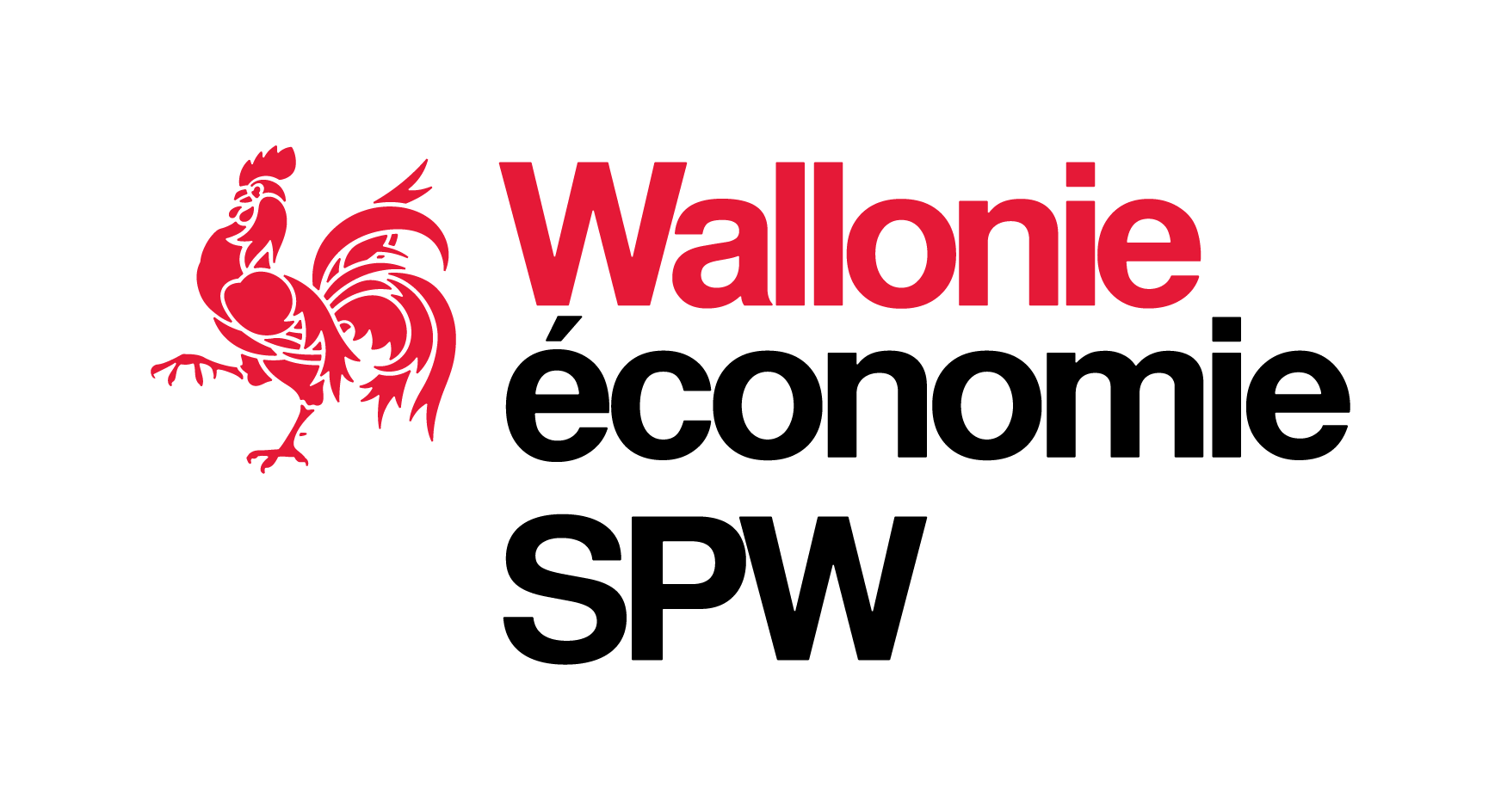Insertion company
Would you like to hire disadvantaged workers? If so, apply for recognition as an "insertion company". This recognition will give you access to specific support measures and grants.

What is "insertion company" recognition?
The aim of insertion company recognition is to promote the long-term, high-quality integration of disadvantaged and severely disadvantaged workers.
What is a disadvantaged worker?
A disadvantaged worker is someone who, at the time of hiring, does not have a higher secondary education diploma (CESS) or equivalent, and is registered as an unemployed job seeker. They must also meet at least one of the following conditions:
- be aged between 18 and 24 or over 50
- receive unemployment benefit, income support or social aid, or have not received any aid for at least six months
- be Art.60 before registering as a job seeker.
- be head of a single-parent family
- have a recognised disability
- be offered a job in a sector where the gender imbalance is at least 25% higher than the average gender imbalance in all economic activities and be a member of the under-represented gender.
What is a severely disadvantaged worker?
A severely disadvantaged worker is someone who, before being hired by a recognised company for the first time, does not have a higher secondary education diploma (CESS) or equivalent. They must also:
- be registered as an unemployed job-seeker
- receive unemployment benefit, income support or social aid, or have not received any aid for at least 24 months.
What does social economy initiative recognition entitle you to?
Insertion company recognition allows you to apply for three subsidies:
An employee grant for the employment of disadvantaged or severely disadvantaged workers
This grant is designed to promote the sustainable, high-quality integration of disadvantaged (TD) and severely disadvantaged (TGD) workers. It can be up to €18,000 for a full-time disadvantaged worker and up to €36,000 for a full-time severely disadvantaged worker. The amount of aid may not exceed 50% of wage costs over a maximum period of 12 months for a disadvantaged worker, and 24 months for a severely disadvantaged worker, from the date of recruitment.
A social support grant
This grant is intended to cover the costs involved in recruiting one or more social assistants for workers. It is a maximum of €100,000 per year of recognition. The amount is proportional to the number of disadvantaged or severely disadvantaged workers employed by the insertion company
NOTE, to benefit from this grant, you must prove that it complies with the provisions of the De minimis Regulation for SGEIs.
A grant for the implementation of the principles of the social economy
This grant is intended to support the four principles of the social economy:
- Purpose of service to the community or members other than profit,
- Management autonomy,
- Democratic decision-making process,
- Primacy of people and labour over capital in the distribution of income.
It can be up to €30,000 per year of recognition. It is awarded primarily in accordance with the evolution of the workforce, the profit allocation policy and the introduction of a participatory process within insertion companies and particularly for disadvantaged and severely disadvantaged workers.
With "insertion company" recognition, you can also hire SINE workers and benefit from the increased grant provided under Art. 60§7.
More information on SINE workers
More information on Art.60§7 workers with increased subsidies
How long is the recognition valid for?
Insertion company recognition is valid for two years, renewable for four years and then indefinitely.
Inspection: are you compliant ?
Inspections can be carried out at any time in the field. Their aim is to check compliance with current regulations, licensing requirements and the conditions for granting any financial aid provided by the Walloon Region and/or co-financed by European funds. These inspections aim to encourage compliance with the rules and sanction irregularities, fraud and certain forms of operation.
Inspections can be triggered in a number of situations: on the initiative of the authorities, following a complaint or report, or at the request of the Labour Prosecutor the King's Public Prosecutor.
The inspectors in charge of inspections have several powers, including conducting investigations, drawing up Pro Justitia, entering workplaces or, with authorisation, inhabited areas, checking identities, searching for, examining and copying data media, making image-based observations, conducting hearings, and seizing and sealing goods.
They can carry out these inspections unannounced, or announce them in advance. It is therefore important to always be ready to ensure that an inspection can run smoothly.
Legal framework: The work of the Inspection Services is governed by the Decree on Economic, Employment and Research Inspection, and the Decree on Vocational Training and Retraining.
How to prepare for an inspection ?
You can be inspected at any time, whether announced or unannounced. To be ready for an inspection with peace of mind, it is essential that you comply with the legislation governing your business.
The best course of action, even before an inspection is carried out, is to keep the documents proving compliance with the regulations governing your activities (licences, cards, certifications, etc.) close at hand. Inspections are based on tangible evidence, not mere declarations. It is therefore important to provide the inspector with all the documents and information requested, in full transparency.
Collaboration is essential for effective, constructive inspections. Welcome the inspector and provide give them the help they need to accomplish their mission.
What to do after the inspection ?
If the inspection went well, congratulations! Keep up the momentum to maintain your compliance. However, if you have failed to take the necessary steps, or neglected certain legal obligations, you may be subject to sanctions. Inspections may reveal irregularities or infringements, varying in seriousness from minor irregularities due to ignorance of the law to outright fraud.
Depending on the situation, the risks involved are:
- a simple warning, with the obligation to put things right,
- a proposal to withdraw or recover all or part of the subsidy, approval or authorisation,
- a statement of offences, which may result in penal or administrative sanctions.
These sanctions may have consequences for your business. It is therefore important to regularise your situation as soon as possible to avoid facing this problem.
Any questions? Any problems?
Directorate of the Social Economy
Boulevard Cauchy 43
5000 NAMUR
Are you looking for other solutions for your project?

Receive personalised advice and quickly find the answers to your questions. Find the help you need on 1890.be.
Discover other solutionsOther state aid

Innovation, training, exports, consultancy... Take a look at all the state aid available to Walloon companies.
To the Midas databaseThe social economy portal

News, training, job offers, directory, support and financing solutions... Browse the essentials of the social economy, whether you're a project leader, entrepreneur or citizen.
Go to site
